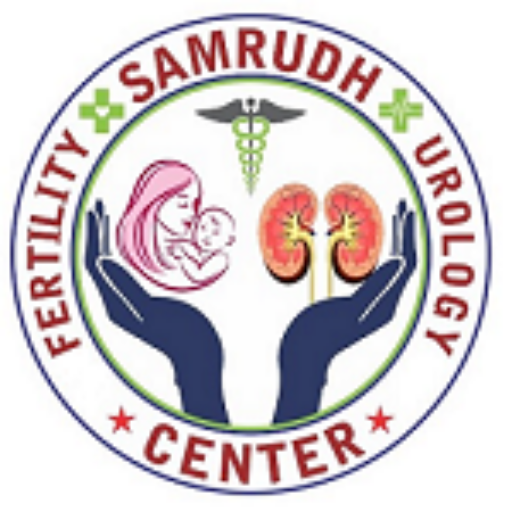For women with severe endometriosis, the journey to parenthood can present unique challenges, particularly when seeking fertility treatment through in-vitro fertilization (IVF). Endometriosis is a condition where tissue similar to the lining of the uterus grows outside the uterus, causing pain and potentially impacting fertility. However, with the right approach, women with severe endometriosis can still achieve successful pregnancies through IVF.
This blog explores how IVF is managed for women with severe endometriosis and the special care considerations involved.
How Endometriosis Affects Fertility
Endometriosis can interfere with fertility in several ways. The condition can cause inflammation and scar tissue, which may affect the ovaries, fallopian tubes, and uterus, making it more difficult for sperm to reach the egg or for a fertilized egg to implant in the uterine lining. In severe cases, endometriosis can lead to ovarian cysts (endometriomas) and structural damage to the reproductive organs, further complicating natural conception.
For many women with severe endometriosis, IVF offers a pathway to overcome these barriers and achieve pregnancy.
IVF and Endometriosis: What to Expect
Customized IVF Protocol
For women with severe endometriosis, IVF treatment plans are often tailored to account for the specific challenges posed by the condition. This may include adjusting the timing and dosage of fertility medications to minimize the risk of ovarian cysts and ensure optimal egg production. The team at Samrudh Fertility & Urology Center, led by Dr. Indu Madhusudan, works closely with each patient to create a personalized plan that maximizes the chances of success while managing the symptoms of endometriosis.Surgical Intervention Before IVF
In some cases, surgical treatment for endometriosis may be recommended before starting IVF. Laparoscopic surgery can remove scar tissue, cysts, and other endometrial growths that may be hindering fertility. This procedure can improve the chances of IVF success by restoring a more normal reproductive environment.- Medication Management
Hormonal treatments are sometimes used to suppress the growth of endometriosis and reduce inflammation before starting IVF. These medications help to create a more favorable environment for embryo implantation. Your fertility specialist will determine whether hormonal management is necessary in your case.
Special Considerations for Women with Endometriosis Undergoing IVF
Increased Monitoring
Women with severe endometriosis often require closer monitoring during IVF to ensure that the ovaries are responding well to stimulation without exacerbating endometriosis symptoms. Regular ultrasounds and blood tests help to track progress and make adjustments as needed.Risk of Ovarian Hyperstimulation Syndrome (OHSS)
Women with endometriosis may be at a higher risk of developing ovarian hyperstimulation syndrome (OHSS), a condition where the ovaries become swollen and painful in response to fertility medications. Careful management of medication dosage and close monitoring during the stimulation phase of IVF can help reduce this risk.Embryo Transfer Timing
For women with severe endometriosis, frozen embryo transfer (FET) may be recommended instead of a fresh transfer. This approach allows time for the body to recover from the stimulation phase, reducing inflammation and increasing the likelihood of a successful implantation.
Conclusion
At Samrudh Fertility & Urology Center, we understand the complexities of managing IVF with severe endometriosis. Our team, led by Dr. Indu Madhusudan, offers comprehensive care to ensure that every patient receives the best possible treatment plan tailored to their unique needs. If you’re facing fertility challenges due to endometriosis, reach out to our clinic in Bangalore to explore your options for a successful IVF journey.
FAQs
- Can endometriosis affect the success of IVF?
Severe endometriosis can lower IVF success rates, but with tailored treatment plans and proper care, many women with the condition achieve successful pregnancies. - Should I have surgery before starting IVF?
In some cases, surgery to remove endometrial growths and scar tissue may improve IVF outcomes. Your fertility specialist will assess whether surgery is necessary based on the severity of your endometriosis. - Will IVF make my endometriosis worse?
IVF treatment may temporarily worsen endometriosis symptoms due to the hormonal changes involved, but these symptoms typically subside after the treatment cycle. Careful management of your treatment plan can help minimize discomfort. - What are my chances of success with IVF if I have severe endometriosis?
Success rates vary depending on individual factors, including age, the severity of endometriosis, and the quality of embryos. Your fertility specialist will provide a personalized assessment of your chances of success. - Can endometriosis return after pregnancy?
Endometriosis may recur after pregnancy, but many women find that their symptoms improve during and after pregnancy. However, regular monitoring and follow-up care are essential.













